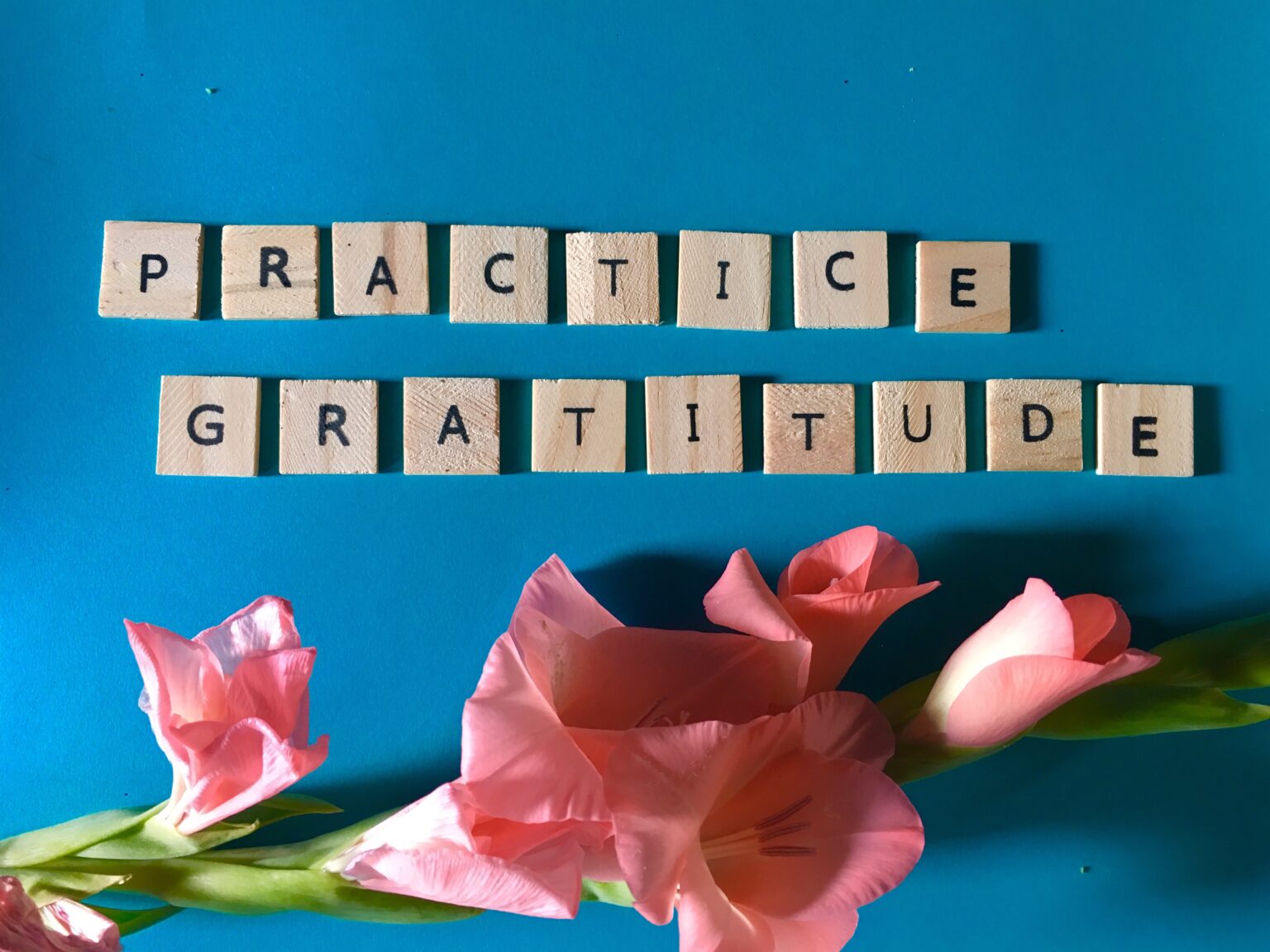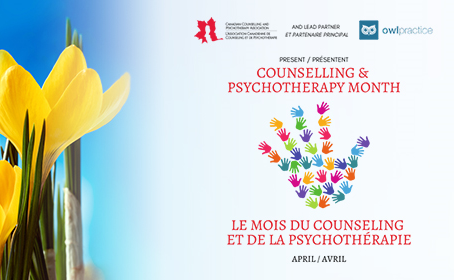Are you starting to feel a little burned out as a mental health professional?
Across the world, people are experiencing continual strain because of COVID-19. Even though vaccines have been a point of hope for many, the virus is still spreading and people are still isolated. As a result, mental health issues are increasing, as people do their best to process the trauma of the last two years while also navigating uncertainty about the future.
Of course, it is the job of mental health professionals to help guide people through this extremely challenging time. Unfortunately, therapists are under the same pressures as the rest of the world. This means that therapist burnout is also on the rise.
So, how can mental health professionals take care of themselves while also still seeing their clients? Certainly, you’ve come up with your own strategies. But this is your reminder of the benefits of practicing gratitude for coping with the stress of COVID-19.
What Does Practicing Gratitude Mean?
Regularly practicing gratitude can have a significant impact on mental health outcomes. Doing so can help you improve your sleep, reduce overall stress, allow you to feel more joy, and reconnect with people important to you.
In a time when everyone is focusing on things that cause stress and anxiety, refocusing onto the things that give us happiness can help our brains recover from that constant negativity.
Practicing gratitude doesn’t need to be a massive project. You don’t need to write anything down (though keeping a gratitude journal can be a helpful tool to get started). Instead, you can simply make mental notes of good things throughout the day or once a day at night. You can also acknowledge how other people in your life contribute to your overall wellness.
How Am I Supposed to Practice Gratitude Right Now?
Admittedly, good news has been pretty infrequent since the start of the pandemic. It can seem like bad news keeps piling up. In this kind of environment, it can be difficult to feel thankful for anything.
But when the world isn’t giving you anything to be thankful for, it’s time to look closer to home.
Rather than looking at the big picture, think of smaller things you are grateful for in your life. Throughout your day, look for the little moments that give you a boost. This could be anything: your first cup of coffee in the morning, a call from a loved one, or even hitting only green lights on the way to work.
The Challenge of Gratitude Right Now
As a mental health professional, you know how difficult it can be to change negative thought patterns and establish new habits. With so much negativity and stress in the world right now, this is more challenging than ever. Beginning to practice gratitude is no exception to this.
To gain the benefits of practicing gratitude, you can’t do it once a week and expect to see any changes. It’s a matter of continually working to spot the good things in your life and celebrate them.
When things are rapidly changing around you, find those points of stability in the world and focus on them. Tell people how much they mean to you. Be vocal with your gratitude and say things out loud.
Don’t Forget Mindfulness
Practicing gratitude is just one of the ways you can work to improve your own mental health on a daily basis.
Back at the beginning of the pandemic, we published a blog about practicing mindfulness as another method of self-care. Though many things have changed since then, much of the advice still holds true. For example, taking breaks from the news is not only healthy, but can also be necessary. There is always so much happening in the world, so there is nothing wrong with shutting it off for a bit.
We also recommend reaching out and reconnecting with your friends and family. Those who are fully vaccinated can safely spend time with others (provided that there are no restrictions). We understand you may feel some anxiety about meeting others again, but just a little bit of interpersonal contact can do a world of wonders for your mental health!
At Owl Practice, we’ve been working non-stop the last year and a half to help mental health professionals streamline their practice. The less you need to worry about at your practice, the more you can focus on your own health. If you’d like to learn more about all of the features we offer mental health professionals, we invite you to sign up for a 14-day free trial! If you have any questions about our Video Therapy or comments about our services, please contact us at support@owlpractice.ca.
As Always,
Practice Wisely






